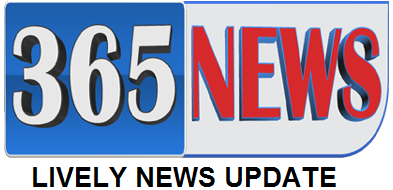365news gathered that Owombo Segun John, a customs officer with the Nigerian Customs Service (NCS), has been taken into custody.
Owombo was arrested when he raised the issue of how refined petroleum products, particularly Premium Motor Spirit (PMS), sometimes known as gasoline, are being smuggled into Cameroon, Chad, the Niger Republic, and other African nations.
On Wednesday, November 2, at the Malabo Checkpoint on Belel Road, Adamawa state, Owombo, a Superintendent of Customs (SC), described how he apprehended numerous smugglers in a video.
On the other hand, he said that senior NCS officials had called him to release the suspects.
On Friday, a number of sources told SaharaReporters that the officer working for the Federal Operations Unit Zone D in Adamawa State had been detained and arrested.
According to a source who spoke with SaharaReporters, “He has been held by the Comptroller over the video.”
According to the Nigerian National Petroleum Corporation, at least 42 million liters of gasoline are illegally exported from Nigeria each day, costing the country roughly N2 billion (NNPC).
In November 2019, the NCS announced a directive that restricted petroleum products from being supplied to fuel stations within 20 kilometres of the borders.
Prior to that, the NNPC had raised the alarm about the increasing number of filling stations in border towns, saying they were funnels for fuel smuggling to neighbouring countries.
With millions of Nigerians grappling with periodic fuel shortages, the porous borders, spanning over 17,000 kilometres, make it possible for the product to be smuggled to these neighbouring countries easily.
According to a recent report by Deutsche Welle (DW), a German public state-owned international broadcaster, smugglers are having a field day selling Nigerian fuel at cheaper rates than the conventional petrol stations in Cameroon.
The Deutsche Welle (DW) reports that although the exact volume of smuggled Nigerian petrol to Cameroon is not known, local media reports in Cameroon put the ‘black market’ illegal trade at $5million (about N1.905 billion) every year.
According to a survey by the German media in Maroua, the capital city of the Far North region of Cameroon, stolen fuel from neighbouring Nigeria is readily available for sale.
Even when Nigerians are faced with shortages, it was learnt that the supply is constant in Cameroon.
















